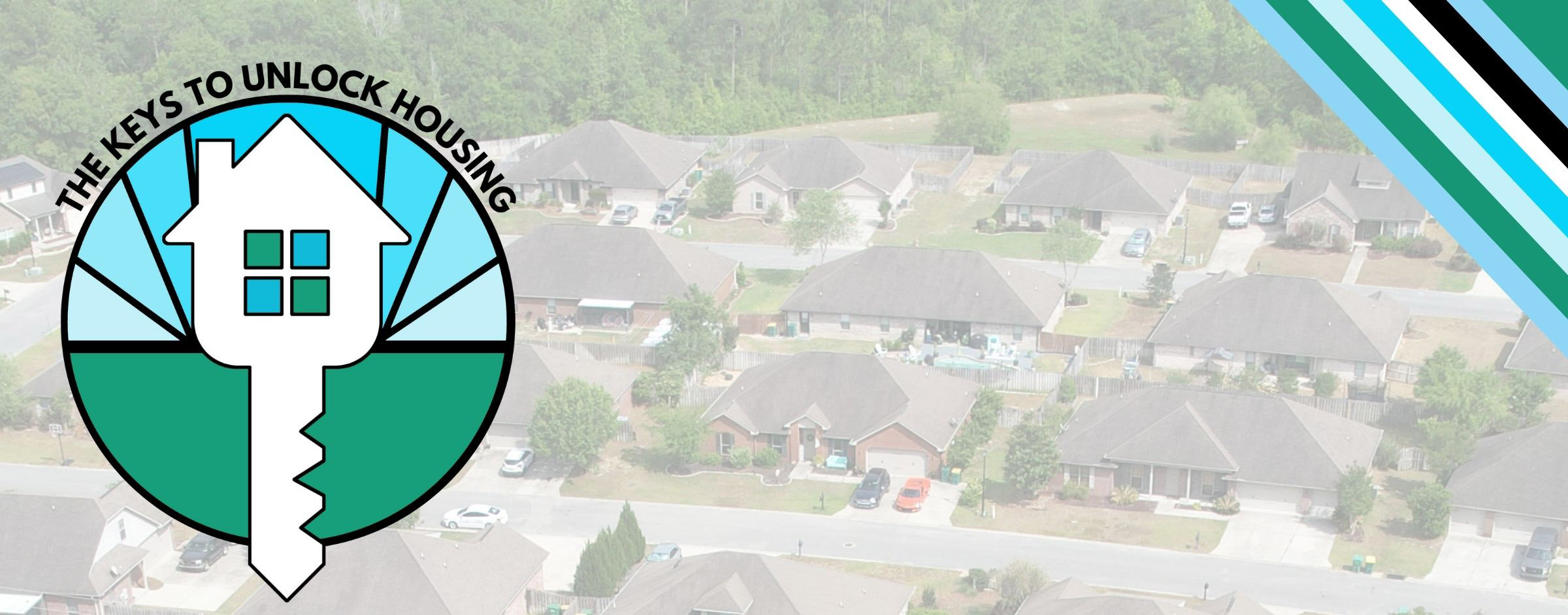Housing
ALICE is an acronym that stands for Asset Limited, Income, Constrained, Employed. It's a metric that represents the number of households in a specific geographic area that earn more than the Federal Poverty Level but less than the basic cost of living for the county - also known as the ALICE Threshold.
Individuals and families that identify as ALICE are employed, occasionally working multiple jobs or in essential positions, but are unable to achieve or maintain financial stability due to the rising costs of living and stagnating wages.
ALICE Report
You can browse the ALICE Report online at United For ALICE. Here you will find more details and be able to look at numbers for more concentrated areas, like by zip code.
Veterans and their families are welcome to live at Hawthorn House.
This program provides funding to develop and subsidize rental housing for low-income residents 62 years of age or older, often with requirements to meet HUD's income limits.
- Crestview Area Shelter for the Homeless (C.A.S.H.) – Men, Women, and Children
- One Hopeful Place – FWB- Adult Men and Women (low barrier shelter)
- Opportunity Place, Inc. – FWB – Women, Children, & Families
- Shelter House – Domestic Violence Shelter
- Freedom House II – Temporary Shelter for Women
Additional resources for people experiencing homelessness:

